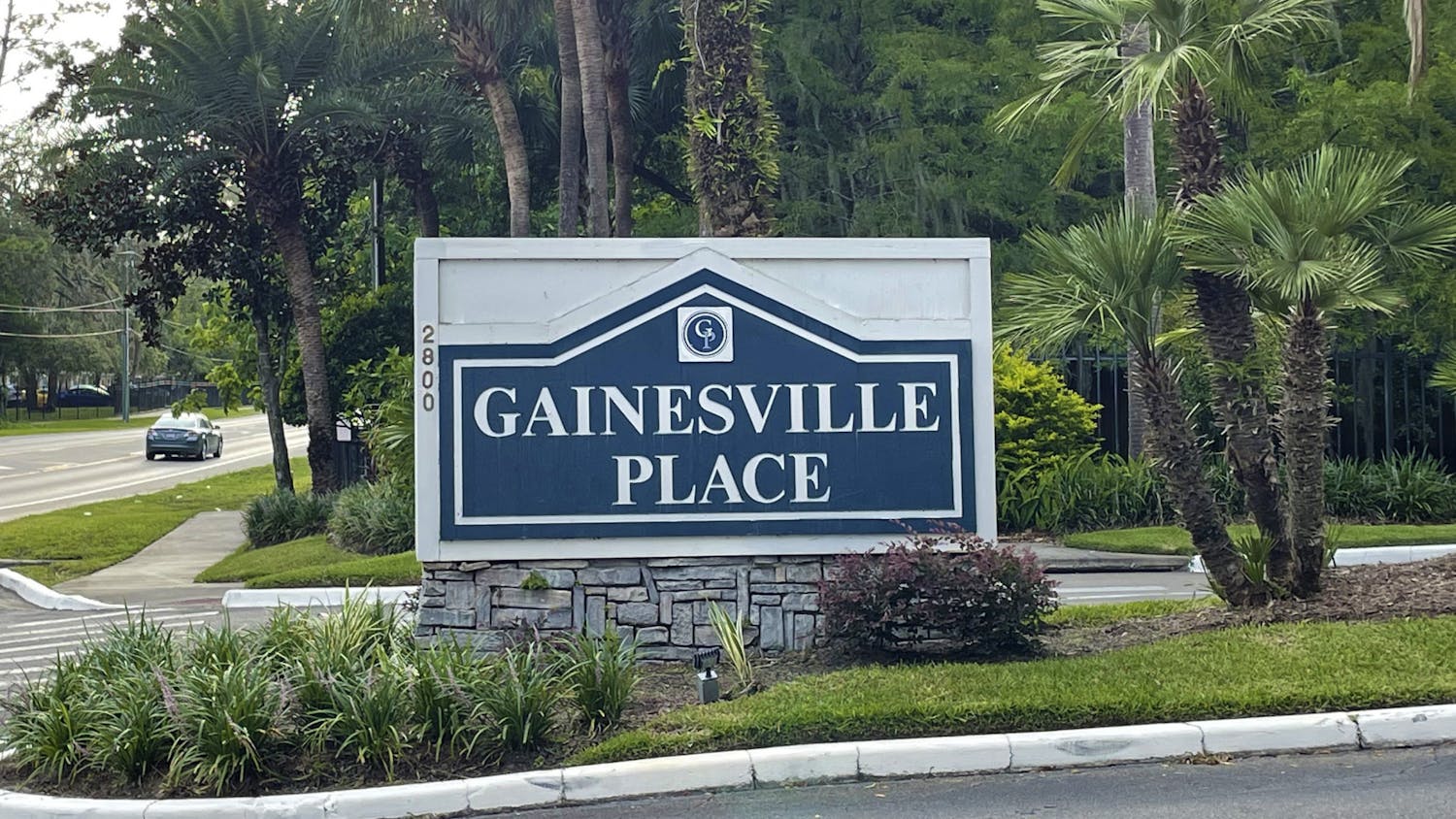Summers in Florida mean outfits that contain as few articles of clothing as possible.
So it’s an understatement to say that I’m jealous of the men who can go shirtless — and wear one fewer thing — on these mid-90 degree days.
Here’s some history for you: Men haven’t always been able to go shirtless. Religious individuals in the 1900s banned all nipples in public places.
In 1935, 42 men were arrested for going topless in Atlantic City. The male population protested, and the male topless ban was subsequently lifted in 1936.
“Suddenly a man’s nipples were no longer ‘obscene’ in society, but rather commonplace and natural,” according to The Huffington Post.
That’s fine and dandy. There’s nothing wrong with a little nipple, right?
Well, apparently there is — as long as it’s a female nipple.
It’s an everyday occurrence for a male to go without a shirt, but it’s still illegal for women to go topless in 35 states.
Enter the Free The Nipple movement, which is fighting back against this form of female censorship.
The movement is bolstered by the “Free the Nipple” film, a comedy directed by Lina Esco released earlier this year. It explored the contradiction of America’s glorification of violence to our country’s censorship of women’s bodies.
According to the film’s website, “The issues we’re addressing are equal rights for men and women, a more balanced system of censorship, and legal rights for all women to breastfeed in public.”
Arguably, the reason it is still illegal for women — or those who do not identify as women but have “typically” female breasts, to go topless — is because breasts are hypersexualized in our culture.
We see breasts as sexy and attractive, and we derive sexual pleasure from said breasts.
In reality, female breasts are not sexual organs. They are scientifically classified as secondary sex characteristics, similar to the male Adam’s apple.
Consider this my petition to sexualize Adam’s apples as we do breasts.
Really though, my breasts exist because they house mammary glands that will someday feed any children I might have.
Sure, I know my breasts are fine as hell, but if you really think about it, there is nothing sexy or sexual about sacks of fat that contain milk glands, which is what breasts anatomically are.
The legality of going topless in Florida is ambiguous. Title XLVI, Chapter 800, of the Florida statute limits indecent exposure and exposure of sexual organs, but makes no specific mention of breasts except to allow breastfeeding.
In 2006, Elizabeth Book set the precedent for exposing her breasts as part of a political protest. The appeals court held that women could “demonstrate topless as part of a legitimate political protest,” according to an NBC article.
However, Florida law still leaves going topless in any other scenario up for interpretation.
The Gainesville municipal code is a little more specific. Chapter 17, article II, covers nudity in public places.
The code explicitly includes “the female breast” in its definition section of nudity and states, “It shall be unlawful for any person to knowingly, intentionally, or recklessly appear, or cause another person to appear, nude in a public place or in any other place which is readily visible to the public.”
So it’s still illegal for women to expose their breasts — which are made of the same breast tissue, areola and nipple that male breasts are composed of — despite the fact that men have been able to do so for more than 75 years.
The issue may seem trivial. Put on a tank top. Wear a bra. Get over it.
But it’s these policies and laws prohibiting toplessness that add to the commodification of women’s bodies in our society.
The oversexualization of women’s bodies make it so that our bodies are seen as property or a source of pleasure rather than something we have ownership and autonomy over.
Don’t believe me? If I wanted, I could go to the drugstore or the gas station right now and buy a pornographic magazine, which contains images of naked women.
I can buy nudity, but I myself cannot be nude.
Sex worker Violet Rose summed it up when she said, “It is illegal for women to go topless in most cities, yet you can buy a magazine of a woman without her top on at any 7-Eleven store. So, you can sell breasts, but you cannot wear breasts, in America.”
This double standard leads to bigger issues: criminalization of breastfeeding in public, the use of “what was she wearing” as a defense for sexual assaults, sexism in the workplace.
There’s no easy solution to this. There’s no quick fix. Even though it’s legal to organize a topless protest in Turlington — which we should definitely do, by the way — that’s probably not going to effect a big change in our society or laws.
What I can do is encourage you to explore the Free The Nipple movement.
On days when you decide to go braless, I can support you, even, and especially, if you might be able to see your nipples through your shirt.
And on days when it feels like 105 degrees outside and I glare at the shirtless men on campus, I can think that we, as women, deserve that same right.
[Robyn Smith is a UF journalism junior. Her columns appear on Tuesdays. A version of this column ran on page 7 on 7/29/2014 under the headline "Women, not just men, deserve the right to free their nipples"]




